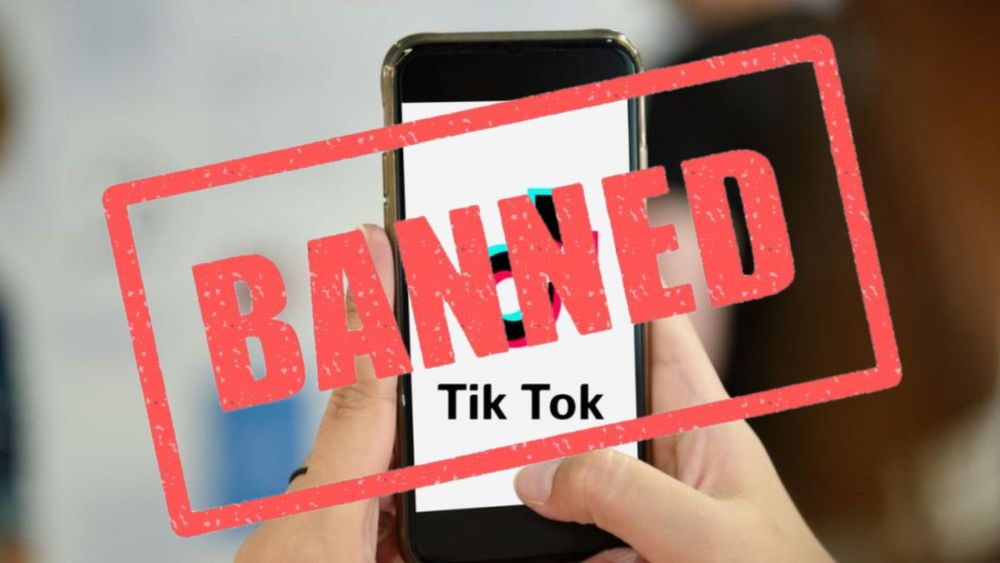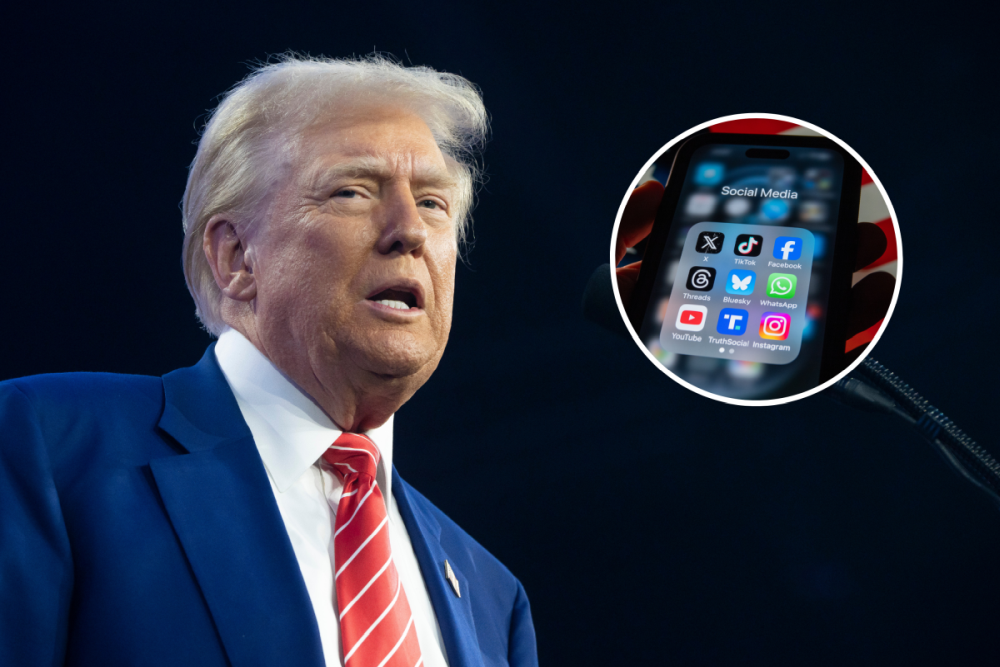The impending TikTok ban in the United States has sent shockwaves through the ecosystem of small businesses and influencers that depend on the platform for their livelihoods. With up to 170 million users in the U.S., TikTok has fueled revenue growth for countless enterprises, from food and beverage startups to beauty brands, via its innovative TikTok Shop and marketing features. Companies like Simply Mandys and Mama V’s Candy have thrived, generating millions in sales, but the ban threatens to disrupt these success stories overnight.

Unlike larger corporations, small businesses and independent influencers face a unique challenge in transitioning away from TikTok. The platform’s strict privacy policies block access to crucial customer data, such as emails and addresses, leaving merchants unable to carry over their loyal audience to alternative platforms like Instagram or YouTube. Many of these businesses, which rely entirely on TikTok for sales, are bracing for significant losses.

Although large brands such as Sephora and e.l.f. Beauty have contingency plans in place, smaller companies are in survival mode. Some are holding clearance sales, slashing prices, and scrambling to liquidate inventory before the shutdown. Influencers, too, are racing to monetize their remaining time on the app, knowing their income could vanish alongside TikTok.

The situation highlights the risks of relying too heavily on one platform. For small businesses and creators, the TikTok ban is a sobering reminder to diversify marketing strategies and establish multiple revenue streams to mitigate future disruptions. As the social media landscape evolves, adaptability will remain the key to long-term success.

#TikTokBan #SmallBusiness #Influencers #SocialMediaMarketing #Ecommerce
